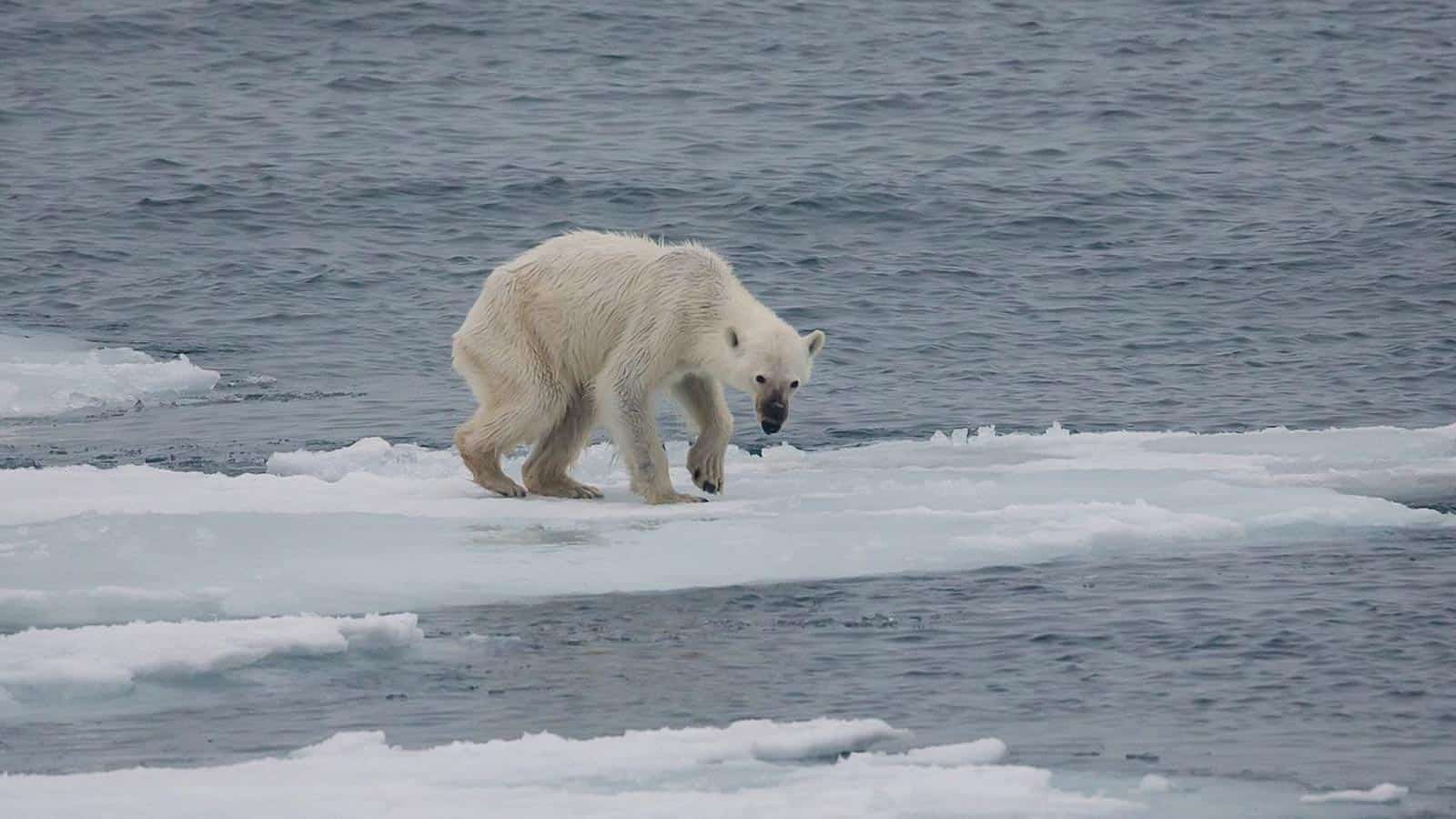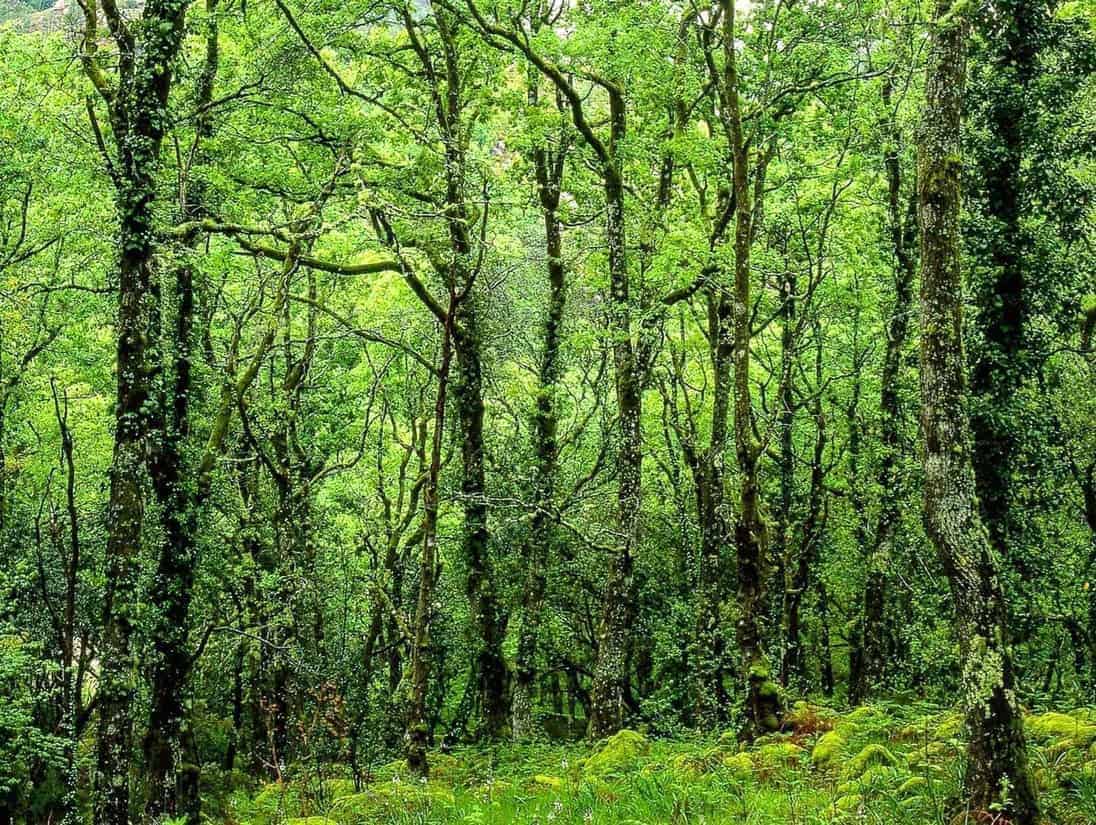Historic European Green Deal launches
On December 11th, the European Commission released its plan to make Europe the first climate neutral continent by 2050 – The European Green Deal.
See also: EU Parliament declares climate emergency
Leading the way
This is a proud moment for Europe as well as the world. It is an example of the kind of ambition necessary for our global survival. The action of the European Commission symbolizes a grand success for international cooperation. And, even more than that, a new outlook for our global future. President of the European Commission, Ursula von der Leyen emphasized that this will be an economic transition and a reconfiguration of the contemporary growth model. Such an evolution will take proud leadership and resolve to accomplish.
Executive Vice-President Frans Timmermans will lead and coordinate the Deal. The Deal emphasizes sustainable and just actions to reach its 2050 goal, with consideration paid to countries and areas that could potentially suffer from the measures. It builds off the ‘clean planet for all’ strategy, which is a “long-term” vision for climate neutrality, and it continues to keep the Paris Agreement as a guiding endeavor for its emission targets.
Too much?
Concerns that the Green Deal could place unfair economic burdens on some areas of Europe linger, especially concerning the Baltics and Balkans. However, even in central Europe, concerns stand. Poland in particular continues to worry about its coal reliant economy in the face of the Deal, for example. However, the EU Commission has been working for some time now to ensure a safe and fair transition for those areas. The Deal itself includes a 100 billion euro transition fund for just this purpose.
Too little?
Even though the Green Deal’s Introduction is titled “Turning an urgent challenge into a unique opportunity,” there is the criticism that the Deal is not recognizing the immediacy of the crisis. Emergencies require immediate action and the Deal has been criticized with pretending that there is still time left to dally, echoing sentiments strongly felt at this year’s COP25. Ultimately, the expediency with which the Deal’s proposals are carried out will prove these concerns valid or not.
Others have also criticized the Deal for not doing enough to redirect present conceptions of growth, such as not emphasizing de-growth solutions or even ‘greenwashing’ contemporary growth strategies. However, the Plan’s most fatal weaknesses are in its biodiversity strategies. For example, policy has generally failed to prevent the destruction and degradation of nature, according to the Summary for policymakers of the global assessment report on biodiversity and ecosystem services of the Intergovernmental Science-Policy Platform on Biodiversity and Ecosystem Services, which suggests that most of the Aichi Biodiversity Targets for 2020 “will be missed.” Biodiversity health is of course the essential foundation for economic and social health. Hence, the Green Deal could fail or at least suffer due to its lacking effective biodiversity safety measures.
Biodiversity left behind?
An article by Birdlife International lists some of the Deal’s failings in regards to biodiversity. For example:
- failing to mention all relevant ecosystems
- a reliance on soft-law policy
- lack of attention paid to forest degradation
- “a vague commitment to sustainability”
- and inadequate attention on marine industry and protected areas
This EU Green Deal is admittedly a step forward but falls far short of what is needed to tackle the biodiversity crisis. A commitment to nature restoration is overshadowed by vague language about re- and afforestation, likely concessions to the forestry lobby… Finally, there is a complete lack of clarity on reducing overall consumption across Europe. The Commission will need to do a lot better than this in the coming months if it is to offer Europe a way out from the ecological crisis that threatens to submerge us all.
Nevertheless, the Commission will prepare for the Conference of the Parties to the Convention on Biological Diversity (CBD), or the 2020 UN Biodiversity Conference, in Kunming, China set for October of that year, with a Biodiversity Strategy by March 2020.
That strategy begins by declaring that:
By 2050, EU biodiversity and the ecosystem services it provides — its natural capital — are protected, valued and appropriately restored for biodiversity’s intrinsic value and for their essential contribution to human well-being and economic prosperity, and so that catastrophic changes caused by the loss of biodiversity are avoided.
The theme of the conference is “Ecological Civilization: Building a Shared Future for All Life on Earth.” So, those skeptical of the Deal’s biodiversity protocols should pay close attention to the upcoming October conference.
The plan
A failing to protect biodiversity is an existential threat to the success of the Deal’s plan. But, to be fair, the Deal aims for a comprehensive vision of future Europe. And it does make significant proposals in other areas. More than just attenuating the climate crisis, the Green Deal strives for a Europe, as well as a global society, that takes the limits of our planet seriously. Moreover, it believes that our adapting to these limits is more than a necessity but an opportunity for civil betterment.
Some of the actions in the Deal include:
- Revise the Emissions Trading System, including extending it to the maritime sector
- Enable a legally binding European Climate Pact
- Create an action plane for a more circular economy
- Install cleaner and more efficient transportation systems that build off the present Trans-European Network.
- Improve food network sustainability through a “Farm to Fork” strategy
- Increase pollution prevention measures
- Increase “green” investment across sectors.
These actions await enabling, though. So, our eyes will be watching the European Commission’s actions during the start of the New Year.








